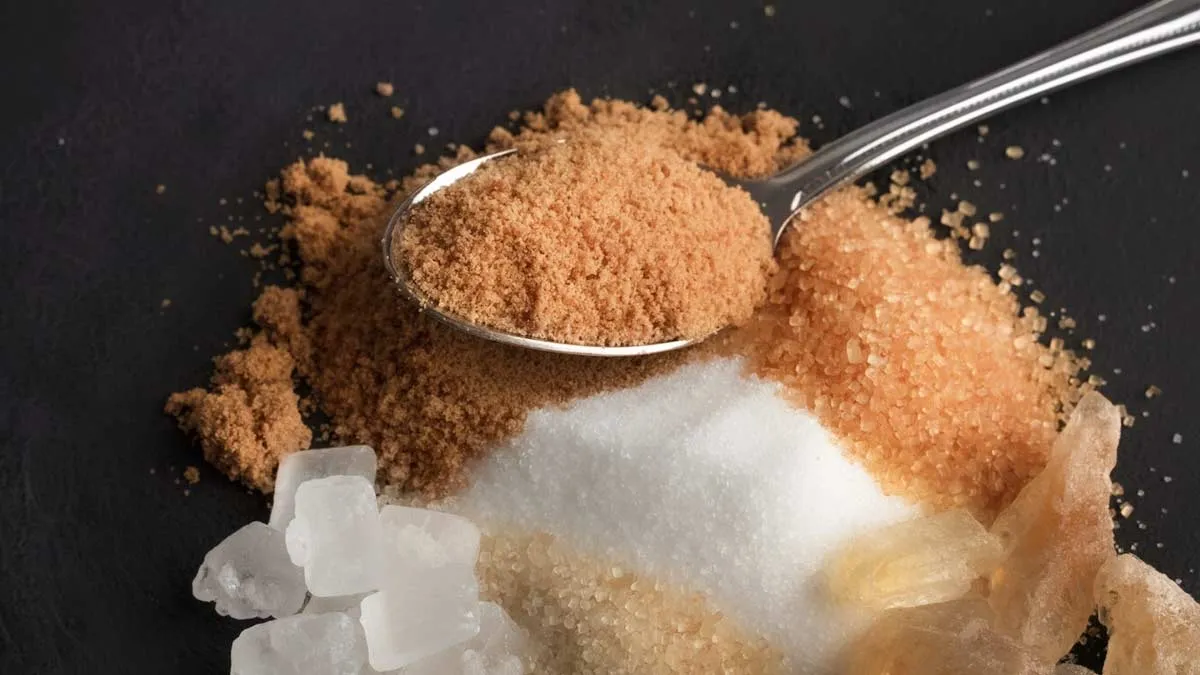Sweetness reimagined! With the rise of plant-based living, natural sweeteners are gaining popularity. Discover how theyare changing the sugar landscape and redefining our relationship with sweetness with our expert's insights.
Sweetness holds a special place—it’s warm, reassuring, and deeply familiar. For many, sugar has been woven into the fabric of childhood. Birthday cakes, laddoos at festivals, or just adding it to tea without thinking. But now, that same sweetness?

5 Plant-based Sweetners Replacing Sugar
It comes with second thoughts. Health problems. Warnings from doctors. And suddenly, sugar doesn’t feel so innocent anymore. But giving it up altogether? Easier said than done. Sugar isn’t just in desserts. It’s in bread, sauces, cereals, even "healthy" snacks.
So people have started looking for alternatives. Something that tastes good but doesn’t bring the same baggage. That’s how natural or plant-based sweeteners came into the picture. Take monk fruit, for example. Funny name, right? But it’s been used in places like China for centuries—not just as a sweetener, but in traditional remedies too. It’s sweet, really sweet actually, but without the calories. And for people trying to manage blood sugar, that’s a win.
Stevia is another one you might’ve seen. Comes from a leaf, not a lab. Some say it tastes a bit herbal at first. But once you get used to it, it’s hard to go back to sugar. It’s in teas, protein powders, and even some desserts now.
Don't Miss:Essential Nutrition Tips For New Mothers: A Complete Meal Planning Guide
And then there’s erythritol. Sounds chemical, but it’s actually found in fruits like grapes. It’s made by fermentation—nothing too weird—and it doesn’t mess with your blood sugar much. Some people say it feels just like sugar in their coffee or baking. No major aftertaste either.

Others talk about agave nectar or even allulose. These are newer in the market but slowly catching attention. Not everyone loves them, but they offer variety.
And when you're cutting down sugar, having options is half the battle. What’s interesting is that this shift isn’t just about health anymore. Some people care about where these sweeteners come from. Traditional sugar farming uses a lot of water, land, and energy. If these plant-based options are even a bit easier on the environment, that’s another good reason to try them.
Now, no one’s saying natural sweeteners are perfect. Some need adjusting. A few might cause stomach upset if you overdo it. And sure, the taste might be different at first. But most people who make the switch say they feel better. Lighter, even. Honestly, it’s not about cutting sweetness out of life. It’s about finding a better balance. One where you still enjoy your favorite foods but without feeling guilty later. And that’s something more and more people seem to want these days. So, it’s not a trend. It’s more like a quiet change. A shift. Not dramatic. But definitely growing.
Don't Miss:Are Overnight Oats Actually Healthy? Dietitian Decodes The Popular Breakfast Item
This article authored byManvi Agnihotri, Co-Founder & CEO, The Sweet Change.
If you liked this story, then please share it. To read more such stories, stay connected to HerZindagi.
Image Credits: Freepik
HerZindagi Video

Take charge of your wellness journey—download the HerZindagi app for daily updates on fitness, beauty, and a healthy lifestyle!


Comments
All Comments (0)
Join the conversation